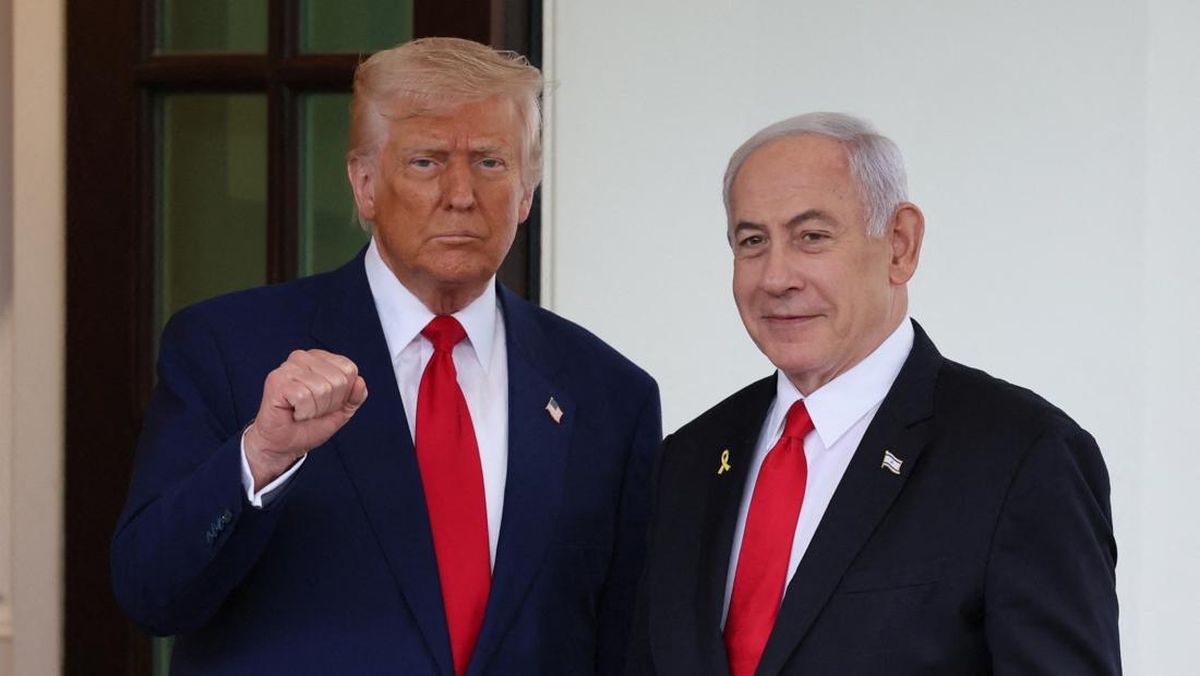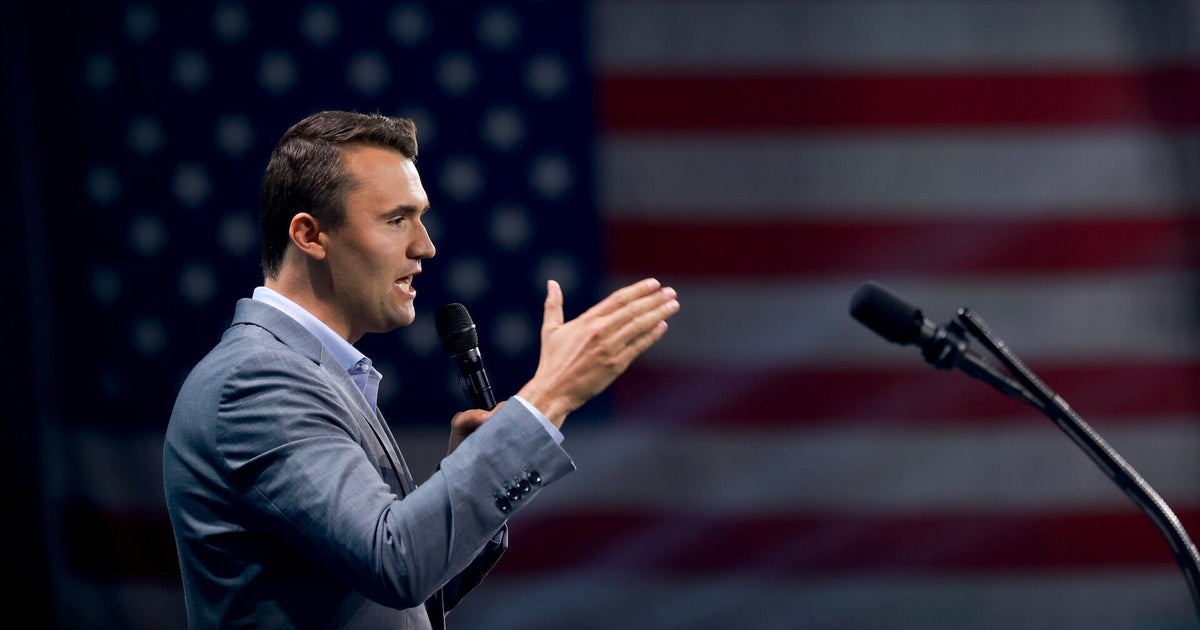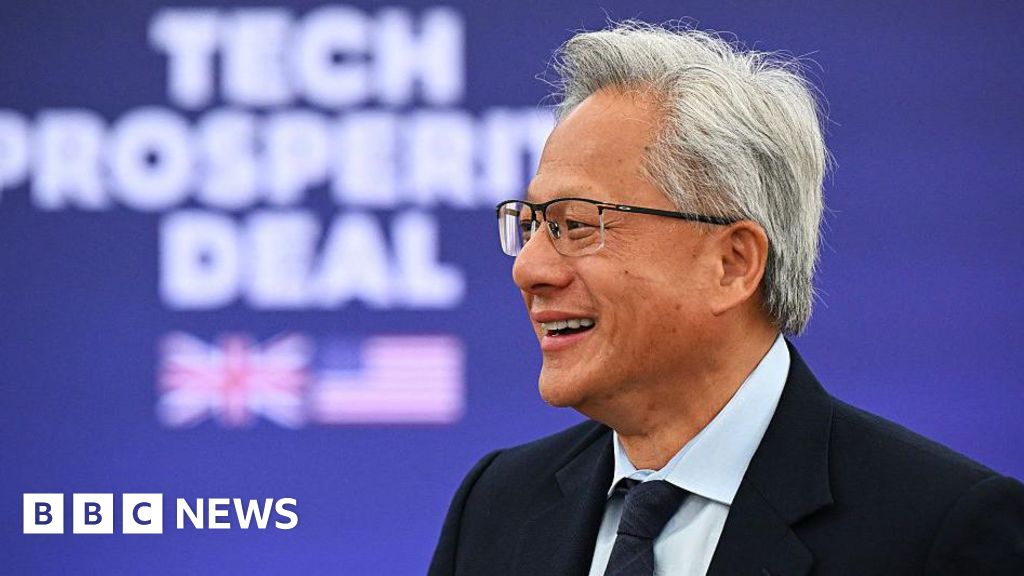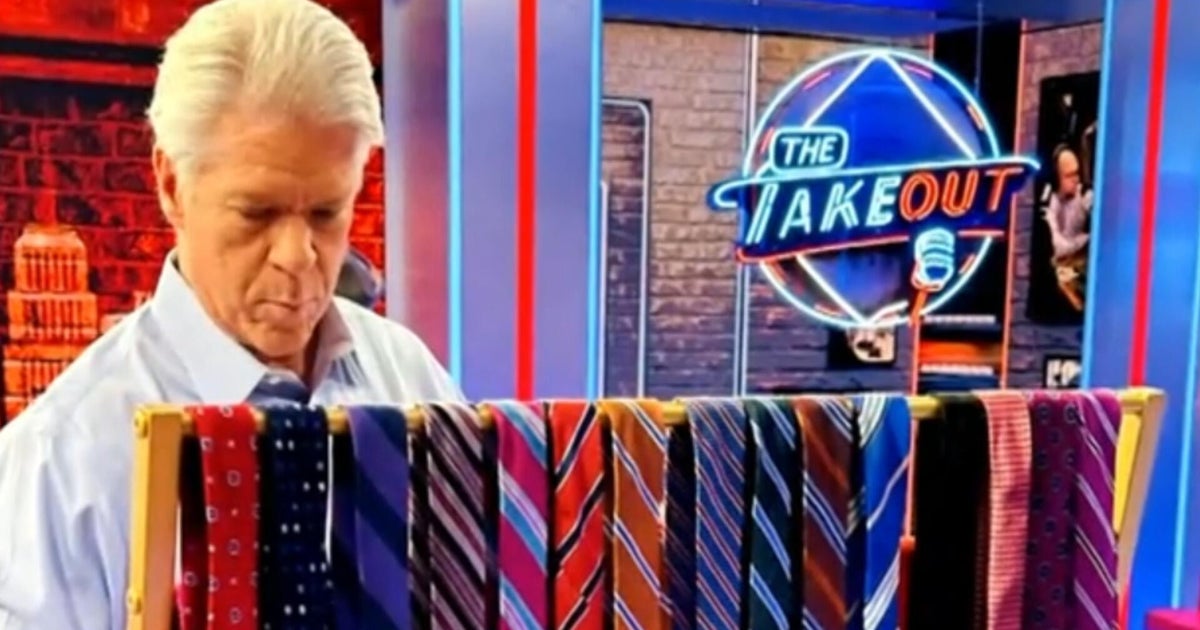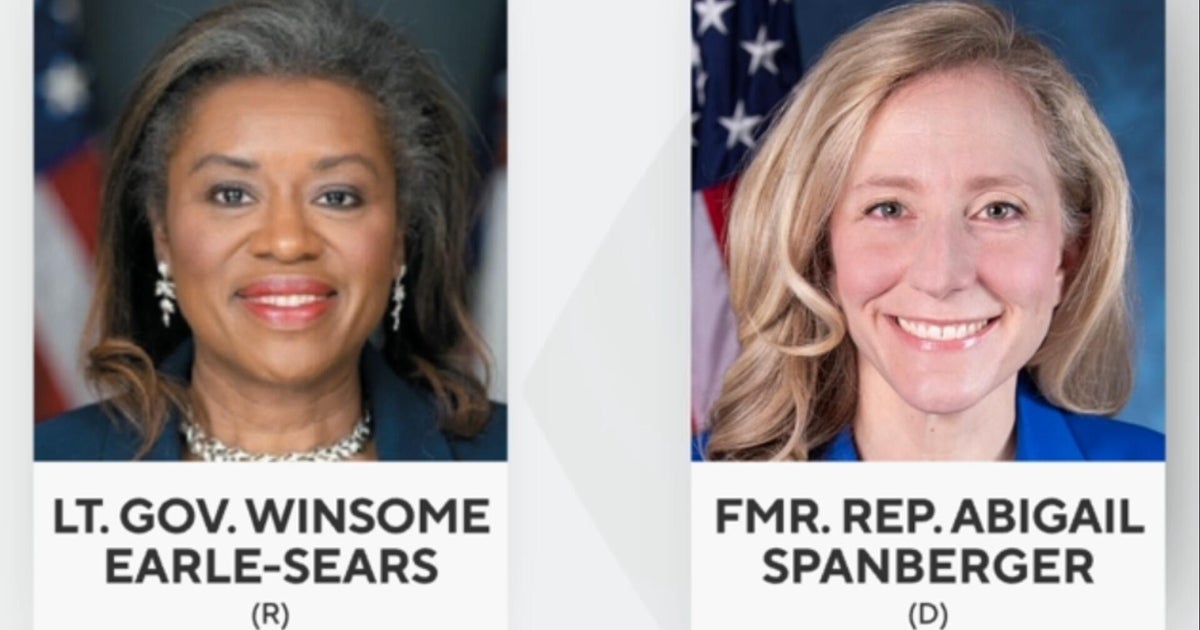Opinion
September 1, 2025 — 11.58am
September 1, 2025 — 11.58am
Donald Trump’s much-loved tariffs, or at least most of them, have been deemed illegal by a US appeals court. What happens next?
The first thing that will happen is that the Trump administration will appeal that judgment to the US Supreme Court where, with six of the nine judges appointed by Republicans and three of the six by Trump himself, the government will hope for a ruling that would allow Trump’s “reciprocal” tariffs to remain in place.

The trade war is a mess of Donald Trump’s own making.Credit: Getty Images
For the moment they do remain until at least October 14, with the appeals court giving the administration time to lodge an appeal with the Supreme Court.
If the Supreme Court were to uphold the US Appeals Court for the Federal Circuit’s majority (7-4) decision, there’d be even more chaos and uncertainty than Trump’s trade wars have already generated as businesses, and countries, tried to work their way through a maze of questions relating to how they should respond and what Trump might do next.
It’s not a surprise that the appeals court ruled against the reciprocal tariffs, which Trump had imposed on countries that have a significant trade surplus with America, and against the legality of the baseline 10 per cent rate on everyone else. The reciprocal tariffs range from about 15 per cent to the 50 per cent rate imposed on India and Brazil.
Loading
Trump, citing a national economic emergency, used the 1977 International Emergency Economic Powers Act (IEEPA) as his authority to impose the tariffs, along with those he’d applied in February to imports from Canada and Mexico because of their claimed role in fentanyl imports.
The emergency? Trade deficits that the US has experienced for the past half century and which relate to an imbalance of US savings and investment rather than the unfair trade practices that Trump has used to justify the tariffs. There was no trade deficit-related national economic emergency until Trump decided there was one.
The appeals court’s decision was based largely on the language of the IEEPA, saying Trump’s tariffs exceeded any authority granted to a president under the act and that it seemed unlikely that Congress – which, not the administration, holds the taxation and tariff powers – intended to grant the president unlimited authority to impose tariffs. Tariffs don’t get a mention in the legislation.
Trump’s response to the court’s decision was to declare (as usual, in a post on Truth Social) that, if the decision were allowed to stand, “it would be a total disaster for the country” and “this decision would literally destroy the United States of America”.
That’s typically hyperbolic. Until Trump ignited the trade wars, the US economy’s growth rate was nearly twice what it is today, the inflation rate was falling, not rising, and the unemployment rate was at historic lows.

An image of Trump on the floor of the New York Stock Exchange in December.Credit: Bloomberg
Treasury Secretary Scott Bessent warned that the appeals court’s ruling could lead to “dangerous diplomatic embarrassment” for the US.
The administration would definitely be embarrassed and other countries, on the receiving end of Trump’s trade extortion, would definitely enjoy that, but it would be the administration, not the country, that would be most severely embarrassed for imposing the tariffs illegally.
The impacts of the tariffs on American companies and consumers are just starting to flow, and they are generating confusion and risk-aversion as companies wrestle with the decision of how much of the increased cost they absorb and how much they pass on to consumers, remembering that the tariffs are paid by the US importer, not (as Trump falsely claims) the exporting country.
Loading
Revenue raised by the tariffs this year is expected to be about $US170 billion ($260 billion), and peak at somewhere between $US250 billion and $US300 billion a year once their full cost has been incurred by US companies and consumers. It’s a big new tax, albeit that only puts a dent in the US federal budget deficit this financial year of about $US1.9 trillion.
It’s that lost revenue – the big new consumption tax – that Trump is bemoaning and saying will destroy the US economy.
There are things he can do if the Supreme Court ruled against him.
The cleanest would be to go to the supine, Republican-dominated Congress and seek legislative support for his trade wars, but that would take time and might face some opposition from the more economically literate Republicans.
He could use a different piece of legislation, Section 232 of the Trade Expansion Act of 1962, to reimpose the reciprocal and baseline tariffs. That legislation hasn’t been challenged in the courts.
Section 232 has been used for Trump’s “sectoral tariffs” – the tariffs on steel, aluminium, auto parts and other commodities and that will be used as legislative cover for the tariffs he has flagged on pharmaceuticals, semiconductors, heavy trucks, critical minerals and aircraft.
That law, however, requires an extensive and time-consuming Commerce Department investigation and the tariffs can’t be imposed solely at Trump’s discretion. A case has to be made for them and Trump much prefers simply to announce a new tariff.
Alternatively, he could use the Trade Act of 1974, but that puts a ceiling on the rate of 15 per cent, only lasts 150 days and can only be used against countries that have substantial trade surpluses with the US. It couldn’t be used for his baseline tariffs.
There is one other option. Trump, in the event of an adverse Supreme Court judgment, could simply ignore it.
Should the Supreme Court rule the reciprocal and baseline tariffs illegal, those on the receiving end of them would face a quandary.

Until Trump ignited the trade wars, the US economy’s growth rate was nearly twice what it is today.Credit: Bloomberg
Should countries such as Japan, South Korea, the UK, Indonesia or the European Union honour the multi-faceted deals that they negotiated, under duress, with the administration, or should they seek to renegotiate them? Would Trump find another way to retaliate against them if they tore their deals up?
Presumably, if they have been illegally imposed, the baseline tariffs would disappear.
Would those to have paid the tariffs – the US companies that have imported the duties goods – seek refunds?
To July, about $US159 billion of tariff revenue has been generated, more than twice that for the same period last financial year.
That would be messy and, for a government that is right up against its debt ceiling, could push the US closer to the disaster Trump has warned of – or give the Democrats more leverage in negotiations to raise the debt ceiling before Treasury’s emergency measures to stay within the limits on federal borrowings are exhausted at the end of this month.
This is a mess of Trump’s own making.
He justified his actions as being driven by an economic emergency even as he keeps saying that the economy and stock market are booming and that any evidence that growth is slowing is just “fake news”.
Loading
He was told that the legality of the legislative cover he was using to impose the tariffs was questionable but, as has been happening across a range of his administration’s actions, decided that, as the president, the law is what he says it to be and, if necessary, “his” Supreme Court (as opposed to the “partisan” and “biased” lower courts) will endorse whatever actions he takes.
Trump’s trade wars are the centrepiece of his economic strategy to “Make America Great Again”. If the Supreme Court ends them, all the chaos, dysfunction and angst will have been for nothing. It would be embarrassing for the administration, to the point of humiliation.
The Business Briefing newsletter delivers major stories, exclusive coverage and expert opinion. Sign up to get it every weekday morning.
Most Viewed in Business
Loading



